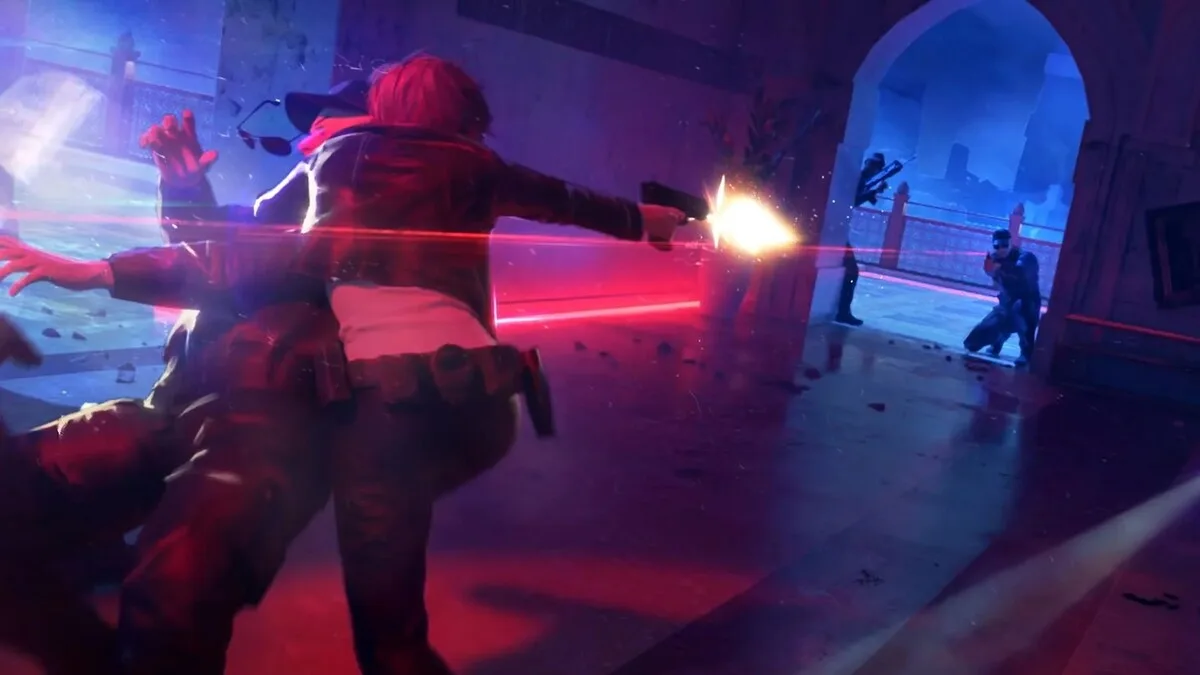Xbox’s recent announcement that it has canceled the long-gestating Perfect Dark reboot and shuttered the high-profile studio The Initiative has sent shockwaves through the gaming industry. This decision, shared in an internal memo by Matt Booty, Xbox Game Studios head, reflects a broader strategic realignment amid sweeping layoffs at Microsoft Gaming.
Perfect Dark, first released by Rare in 2000, earned its reputation as one of the industry’s best sci-fi first-person shooters. Its blend of espionage, futuristic gadgets, and branching story paths won critical acclaim—and cultivated a devoted fanbase itching for a modern revival. Early reports placed the reboot at The Initiative, Xbox’s marquee studio founded in 2018 to drive “A-list” exclusive blockbusters. The project’s long, quiet development spurred high expectations that, ultimately, never materialized.
The Initiative: A Studio with Sky-High Ambitions
- Founded: 2018 in Santa Monica, California
- Mission: Deliver new flagship Xbox franchises on par with series like Halo and Gears of War
- Key hires: Industry veterans from Naughty Dog, Blizzard, Crystal Dynamics
- Public unveiling: “Unannounced AAA sci-fi IP” teased at Xbox events, widely presumed to be Perfect Dark
Despite its talented roster, The Initiative struggled under heavy scrutiny and shifting corporate priorities. The studio’s closure marks the first shuttering of an Xbox Game Studios outfit in Microsoft’s latest round of cuts.
Windows Central got a hold on Xbox Game Studios leader Matt Booty’s internal memo to its umbrella of gaming studios after the confirmation of the cancellation:
Following Phil’s note, I want to share more about the changes to the Studios business units.
We have made the decision to stop development of Perfect Dark and Everwild as well as wind down several unannounced projects across our portfolio. As part of this, we are closing one of our studios, The Initiative. These decisions, along with other changes across our teams, reflect a broader effort to adjust priorities and focus resources to set up our teams for greater success within a changing industry landscape. We did not make these choices lightly, as each project and team represent years of effort, imagination, and commitment.
Our overall portfolio strategy is unchanged: build games that excite our players, continue to grow our biggest franchises, and create new stories, worlds, and characters. We have more than 40 projects in active development, continued momentum on titles shipping this fall, and a strong slate headed into 2026.
For those directly affected, we are working closely with HR and studio leadership to provide support, including severance, career transition assistance, and where possible, opportunities to explore roles on other teams.
To everyone across our studios: thank you. Your creativity and resilience continue to define who we are. I believe in the strength of our teams and the direction we’re taking on the path ahead.
Microsoft’s decision to cut Perfect Dark’s reboot and close The Initiative underscores a harsh reality: even the most hyped AAA ventures can be sacrificed to corporate strategy and market pressures. For fans, it’s a painful reminder that beloved franchises aren’t immune to business calculus. Yet from seeds of cancellation often springs creativity—whether through new studio alliances, fan passion projects, or smaller teams daring to dream big.
Looking forward, we’ll be watching how Xbox rebalance its portfolio, which studios rise to fill the gap, and whether Perfect Dark will ever return in another form. In the meantime, revisiting the original Rare classics seems the best way to keep the spy-shooter flame alive.
